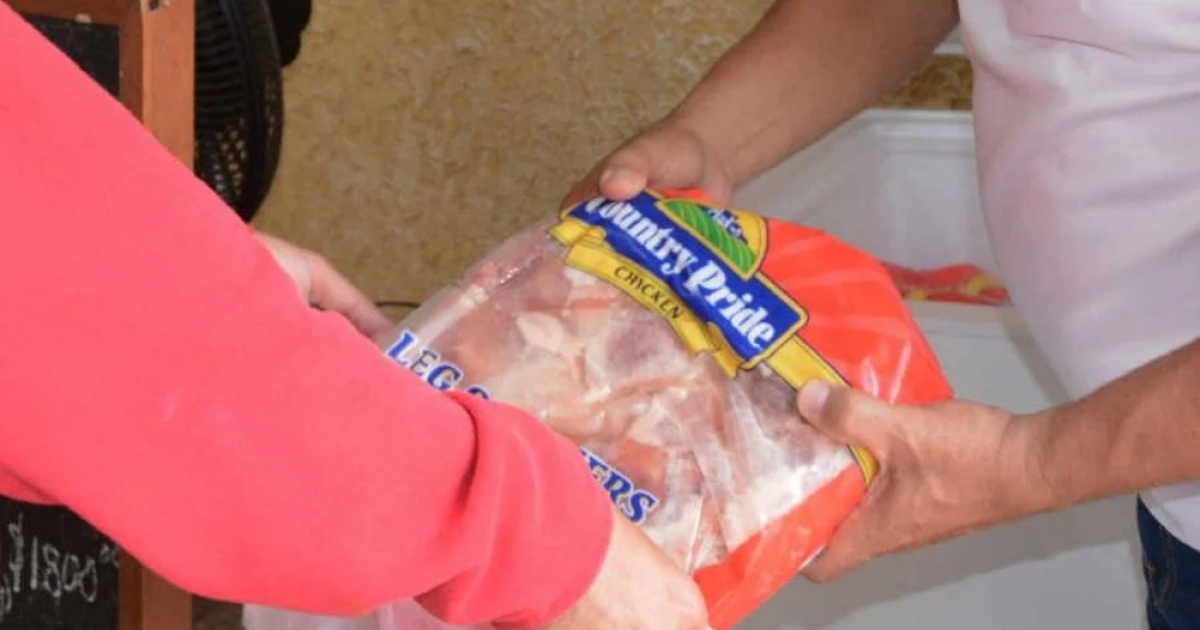
In the last two weeks, the authorities of Cabaiguán, in Sancti Spíritus, have imposed fines on nearly 40 small and medium-sized enterprises (mipymes) and self-employed individuals for violating the price ceilings of essential products that the State cannot sell in the family basket.
Since Friday, July 12, to date, inspectors sanctioned 38 private economic actors, imposing fines totaling more than 113,000 pesos.
The newspaper Escambray reveals that after the government set maximum retail prices for six high-demand items (oil, except olive; pasta, sausages, milk, detergent, and chicken), the latter disappeared from points of sale.
This, the report points out, is the fault of business owners for violating laws in an attempt to "fatten their profits at the expense of many people's needs."
"According to records from the Comprehensive Inspection Directorate in the municipality, there are three forced sales of chicken and sausage hidden from users, to name a few examples," the publication specifies.
Apparently, no other measures were taken against the fined vendors, such as the temporary withdrawal of their licenses or the confiscation of goods. These businesses fared better than the 15 micro, small, and medium enterprises (mipymes) that the government closed due to accounting irregularities.
On the other hand, the residents of Cabaiguan report that the stores in freely convertible currency also display very high prices, within reach of only a few.
In line with the government's crusade against vendors in the non-state sector, Escambray reminded that there are phones available for the public to report those who do not respect the established prices, and called for the oversight to also extend to state centers, basic units, and commercial entities.
Almost immediately after announcing the price cap, the government urged citizens to make these reports, a mechanism that the Ministry of Finance and Prices describes as a "popular control movement."
In the middle of the month, the regime began to fine small and medium enterprises (mipymes) that violate the price caps imposed on six essential items.
The MFP shared on its Twitter account several cases of establishments in the capital where non-compliance was detected.
One of those small and medium-sized enterprises is located in East Havana, where its owner was selling oil for 1,200 pesos, while the price set by the state agency is 990 pesos per liter.
"A fine is imposed under Decree 30 Article 7 section B in the amount of 8,000 pesos," specifies the tweet.
In another post, the MFP reported an inspection at a establishment in the Boyeros municipality, where oil, chicken, and sausage were being sold at prices higher than permitted.
What do you think?
COMMENTFiled under: